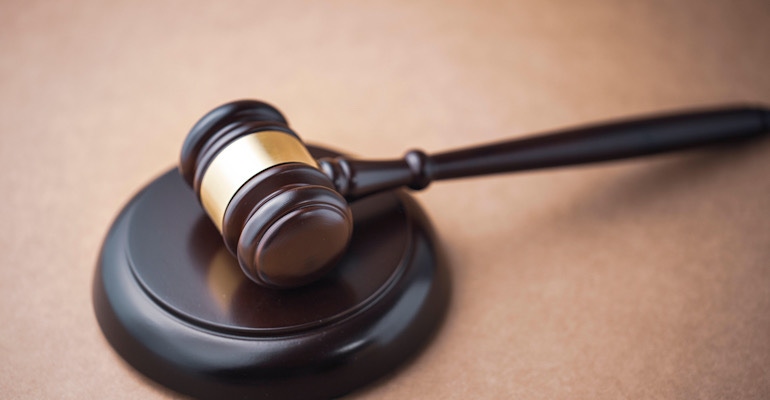Nevro & Boston Sci Settle Patent Dispute After Years of Legal Battles
The settlement calls for Boston Scientific to pay Nevro $85 million to end all existing litigation between the two over spinal cord stimulation technology.
August 1, 2022

It's over.
Boston Scientific and Nevro are settling a nearly six-old patent dispute related to spinal cord stimulation technology. Under the settlement, Marlborough, MA-based Boston Scientific will pay $85 million to Nevro to end all existing litigation between the two.
The settlement gives Boston Scientific freedom to operate using the features and capabilities embodied in its current line of products for frequencies below 1,500 Hz, and gives Nevro the freedom to operate using the features and capabilities embodied in its current line of products.
Furter details of the agreement show that Redwood City, CA-based Nevro will grant Boston Scientific a worldwide, non-exclusive, non-transferable license to practice paresthesia-free therapy at frequencies below 1,500 Hz and a covenant not to sue for any features embodied in any current Boston Scientific products for frequencies below 1,500 Hz.
Boston Scientific also will grant Nevro a worldwide, non-exclusive, non-transferable license under Boston Scientific's asserted patent families and a covenant not to sue for any features embodied in any current Nevro products.
The trouble between the two began in May of 2015 when Boston Scientific filed petitions that challenged the validity of Nevro’s patents. Later that year, the petitions were denied. However, Nevro fired back and filed a patent infringement lawsuit against Boston Scientific in 2016.
Since that time, the two have been going back and forth with the dispute each scoring small victories. In November of 2021, a jury ordered Nevro to pay Boston Scientific $20 million in a patent infringement case. The patents were related to the manufacturing of spinal cord stimulation technology.
And in March, the US Appeals court ruled in Nevro’s favor.
About the Author(s)
You May Also Like




